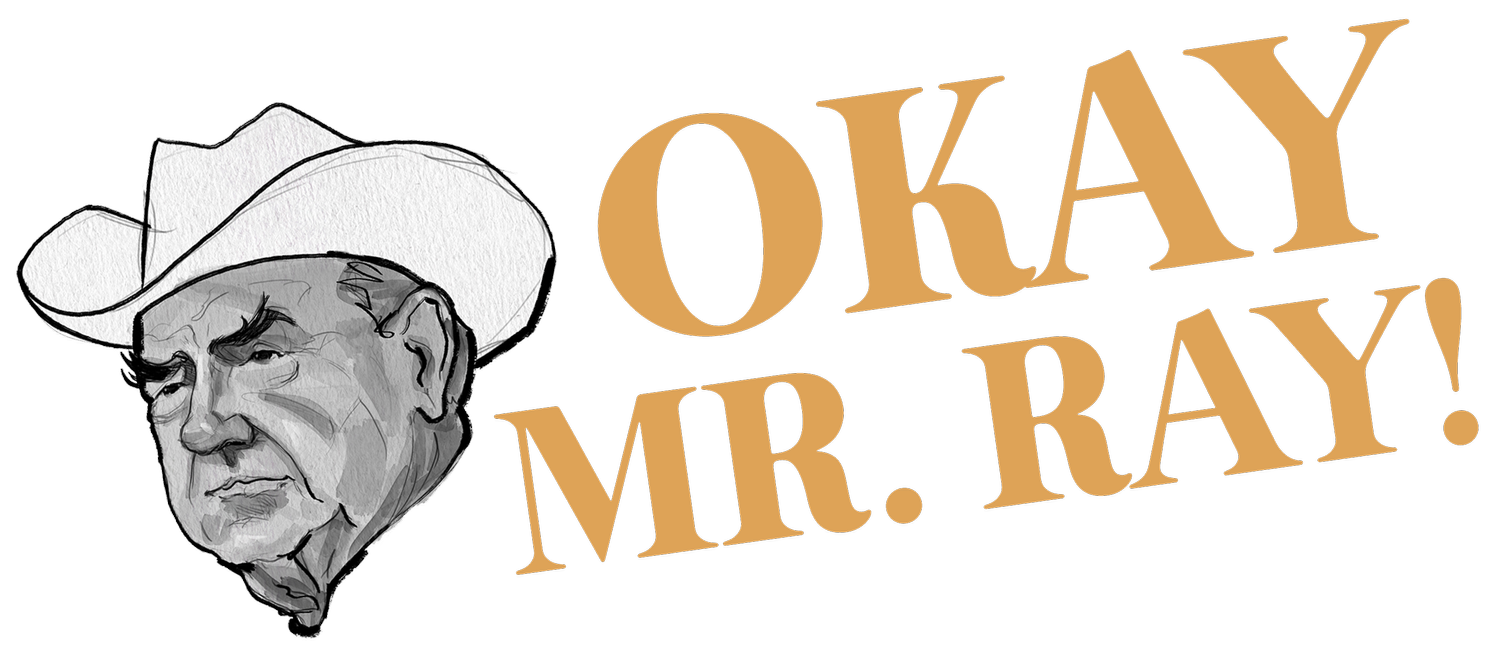a short film about tall tales
Mule trader, auctioneer, fast-talker: the only thing Ray Lum didn’t do was sit still. Nearly 50 years after his death, he still can’t be pinned down.
“You’re never broke long as you keep trading!”
SYNOPSIS
No one could spin a yarn to make a sale like Ray Lum. Twenty years after their initial meeting, Bill Ferris returned home to Mississippi in the early ‘70s with a camera. The result reveals a look back at the colorful rhythms of Ray’s life—at home, at the auction, joking with strangers outside country stores— and provides a glimpse at Southern manhood, friendship and loss. Now nearly Ray’s age when they first filmed, Ferris has become a Grammy Award winning documentarian and renowned folklorist. Using never before seen 16mm footage and new animations, OKAY, MR. RAY is a short documentary film about how even the tallest tales help us keep the memory alive of the ones we love.
See the film at a festival? Rate it on Letterboxd.










